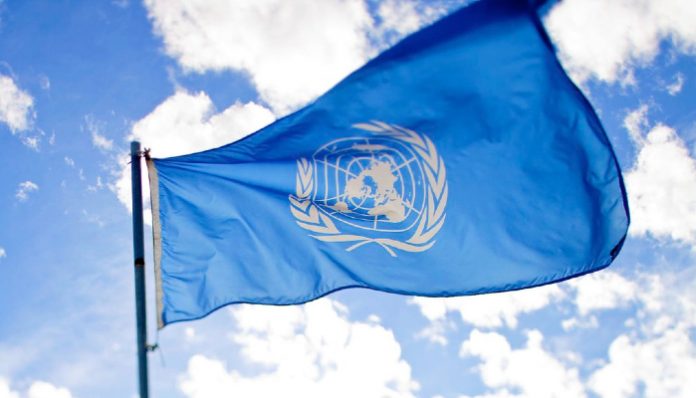Corruption in sports throughout Latin America and the Caribbean has reached unprecedented levels, driven by increasing organized crime infiltration, warns the United Nations Office on Drugs and Crime (UNODC) in its latest report, Safeguarding Sport from Corruption: Focus on the Americas and Caribbean, released this month. This information comes from Infobae.
The document, crafted with the help of over 70 experts from 22 countries, shows that sports—especially soccer, major events, and athlete transfers—have become a strategic platform for competition manipulation, illegal betting, money laundering, and even human trafficking.
A Regional Trend Marked by Organized Crime
The UNODC warns that organized crime’s infiltration into sports is not an isolated phenomenon, but a widespread trend across the region. In Mexico and other Latin American nations, criminal groups have found the weak governance of sports organizations and a lack of cooperation between sporting and judicial authorities to be a fertile ground for exploiting vulnerabilities.
This dynamic poses a threat to the positive social and economic impact that sports have on communities.
Cases in Mexico: Manipulation, Collusion, and Athlete Trafficking
The most recent case reported occurred in April 2025, when the Disciplinary Commission of the Mexican Football Federation initiated an investigation into alleged match-fixing involving the Mazatlán Women’s team. This process ended with an unprecedented sanction: a six-year suspension for one player.
The report also recalls the historic penalty imposed in 2021 by the Federal Economic Competition Commission against 17 clubs in Liga MX, the Mexican Football Federation, and several executives, for monopolistic practices in the women’s transfer market. These irregularities included salary caps and restrictions on free hiring, exacerbating the gender gap and facilitating collusive agreements between clubs.
Furthermore, the UNODC exposes how Mexican criminal groups have been involved in human trafficking networks linked to the international transfer of athletes, smuggling players from Cuba to the United States with forged documents and million-dollar contracts.
The 2026 World Cup Under Scrutiny
The vulnerability of major sports events is another focal point of concern. The FIFA World Cup 2026, which will take place in Mexico, the United States, and Canada, presents a critical challenge due to the scale of the budgets and the multitude of actors involved in its organization.
In September 2023, the three countries launched a joint initiative to prevent collusive schemes and anticompetitive practices in the procurement of goods and services related to the tournament. However, the UNODC reminds us that the history of corruption in regional football— including convictions against officials for bribery and money laundering—serves as a reminder of the high risk faced by the event.
Illegal Betting and Money Laundering: A Multi-Million Dollar Business
The report identifies the exponential growth of online illegal betting as the primary driver of sports corruption. Globally, this market, controlled by organized crime, generates up to 1.7 billion dollars annually.
In Latin America, these operations use digital platforms, cryptocurrencies, and international networks, making them difficult to detect while facilitating money laundering. The UNODC warns that beyond laundering money, illegal betting generates fraud, identity theft, and addiction among consumers, while the lack of cooperation with authorities limits investigative capacity.
UN Recommendations
To tackle these threats, the UNODC recommends:
• Criminalize competition manipulation, aligning national legislation with the United Nations Convention against Corruption.
• Strengthen cooperation between sports authorities and criminal justice, along with training and awareness programs.
• Promote transparency and accountability within sports organizations, establishing effective mechanisms for reporting and tracking cases.
• Improve data collection and analysis, paying special attention to minors and vulnerable populations, and encourage multidisciplinary investigations that can dimension the true impact of corruption in sports.
The UN’s warning is clear: without immediate and coordinated action, sports in Latin America and the Caribbean will continue to be fertile ground for organized crime and yet another tool in its machinery of economic and illicit power.
